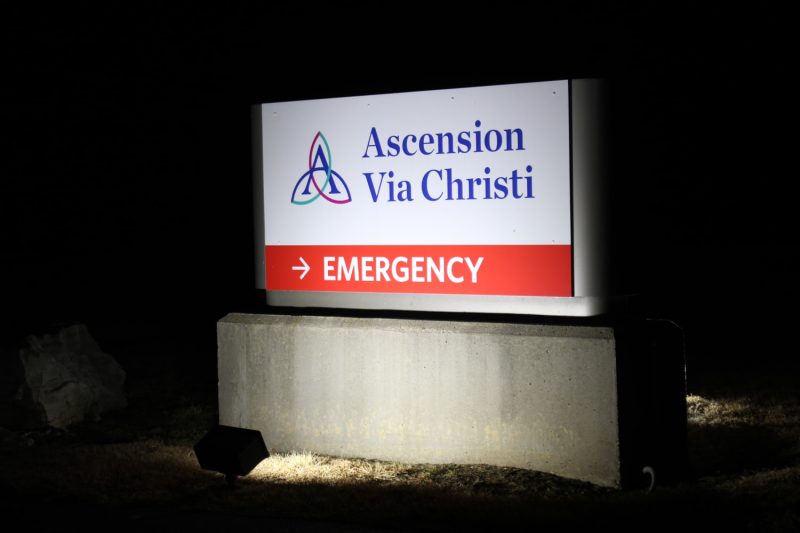Ascension Health: Largest Catholic Hospital Chain in the U.S. Hit by Cyberattack Disrupting Patient Care
The recent cyberattack on Ascension Health, the largest Catholic hospital chain in the United States, has brought to the forefront the vulnerabilities and risks faced by healthcare organizations in the digital age. The disruption caused by the attack not only impacts the hospital’s ability to deliver care but also raises concerns about patient data security and the broader implications for the healthcare industry.
One of the key implications of the cyberattack on Ascension Health is the disruption of patient care. With vital systems and services compromised, patients may experience delays in receiving treatment, accessing medical records, or communicating with healthcare providers. This can have serious consequences for patients with critical health conditions who rely on timely and uninterrupted care.
Moreover, the cyberattack on Ascension Health highlights the growing threat of cybercrime in the healthcare sector. As healthcare organizations increasingly digitize their operations and store sensitive data online, they become prime targets for cybercriminals looking to exploit vulnerabilities in their systems. The breach at Ascension Health serves as a stark reminder of the urgent need for robust cybersecurity measures and protocols to safeguard patient information and ensure uninterrupted delivery of care.
Furthermore, the impact of the cyberattack on Ascension Health goes beyond the immediate disruptions to patient care. It raises questions about the broader implications for the healthcare industry as a whole. In an increasingly interconnected healthcare ecosystem, a cyberattack on one organization can have cascading effects on others, leading to systemic disruptions and challenges in maintaining the integrity of patient data and care delivery.
Addressing the vulnerabilities exposed by the cyberattack on Ascension Health requires a multi-faceted approach. Healthcare organizations must prioritize cybersecurity as a fundamental aspect of their operations and invest in robust defenses against cyber threats. This includes implementing encryption protocols, access controls, network monitoring, and regular security audits to identify and mitigate vulnerabilities before they can be exploited by malicious actors.
Additionally, collaboration between healthcare institutions, government agencies, and cybersecurity experts is essential to strengthen the sector’s resilience against cyber threats. By sharing threat intelligence, best practices, and resources, stakeholders can collectively bolster their defenses and respond more effectively to future attacks.
In conclusion, the cyberattack on Ascension Health serves as a wake-up call for the healthcare industry to take cybersecurity seriously and proactively address the growing threat of cybercrime. By investing in robust defenses, implementing best practices, and fostering collaboration, healthcare organizations can mitigate risks, protect patient data, and ensure the continuity of care in an increasingly digital and interconnected healthcare landscape.




























